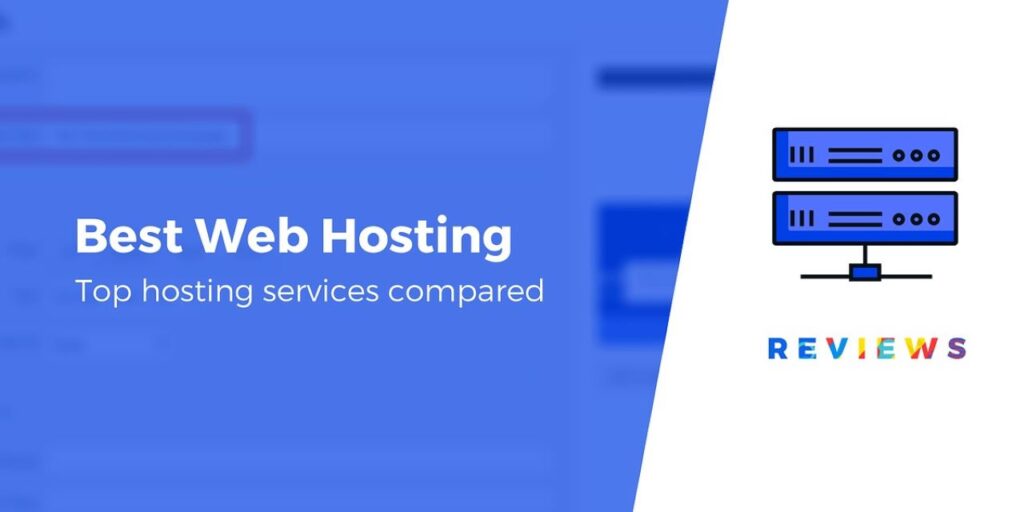
In the digital age, having a reliable hosting panel is essential for website management. Hosting panels simplify tasks such as server administration, website deployment, and resource management, making them indispensable tools for website owners and developers.
Among the plethora of hosting panels available, CyberPanel stands out as a robust and feature-rich option. This article will explore an in-depth comparison between CyberPanel and other prominent hosting panels, empowering you to make a well-informed decision tailored to your hosting requirements.
Understanding Hosting Panels:
Before diving into the comparison, let’s briefly understand what hosting panels are and why they are essential. A hosting panel, also referred to as a control panel, is a web-based interface designed to enable users to effectively manage multiple facets of their web hosting environment. This includes tasks such as creating and managing websites, setting up email accounts, monitoring server performance, and installing software packages.
Let’s discuss top hosting panels in detail
1. CyberPanel:
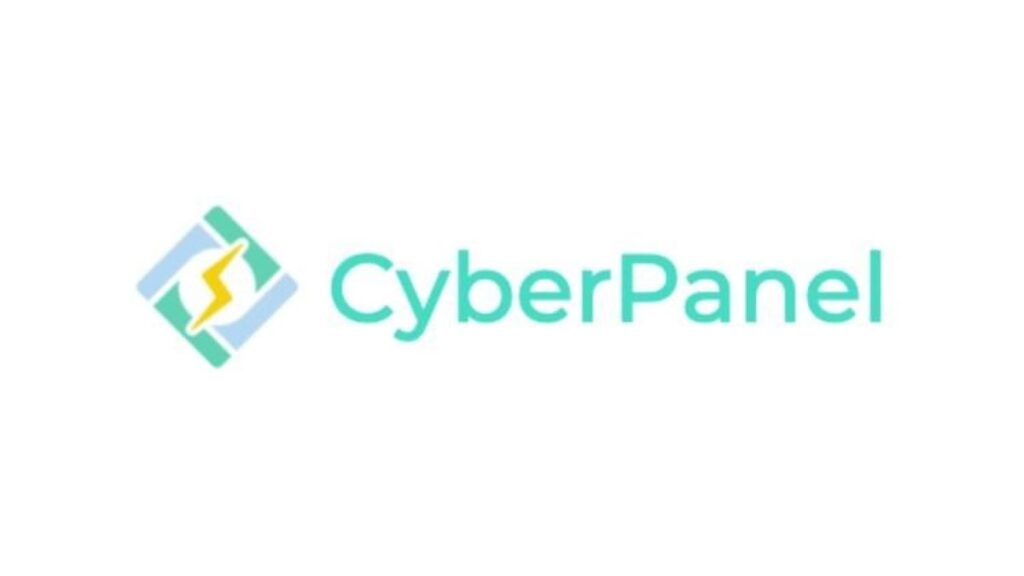
CyberPanel has gained significant traction in recent years due to its focus on performance, security, and user-friendly interface. Developed by LiteSpeed Technologies, CyberPanel offers a range of features tailored to both novice users and experienced developers.
Key Features:
Some of CyberPanel key features include:
- LiteSpeed Web Server: CyberPanel utilizes LiteSpeed Web Server, a high-performance web server known for its speed and efficiency. LiteSpeed’s advanced caching mechanisms help improve website loading times and overall server performance.
- One-Click Installer: CyberPanel simplifies the process of deploying websites by offering a one-click installer for popular web applications such as WordPress, Joomla, and Magento. This feature streamlines the website setup process, saving time and effort for users.
- Advanced Security Features: Security is a top priority for CyberPanel, with features such as ModSecurity integration, IP blocking, and automatic SSL certificate installation. These measures help protect websites from various cyber threats and vulnerabilities.
- Resource Management: CyberPanel provides comprehensive tools for managing server resources, including CPU, memory, and disk usage. Users can easily monitor resource usage and optimize their server configurations for optimal performance.
- Developer-Friendly Tools: For developers, CyberPanel offers support for multiple programming languages, including PHP, Python, and Ruby on Rails. Additionally, it provides access to SSH and Git repositories for seamless development workflows.
Pricing:
CyberPanel, developed by LiteSpeed Technologies, stands out for its focus on performance, security, and user-friendly interface. It offers both free and paid versions, with LiteSpeed Web Server powering its advanced caching mechanisms, one-click installations, robust security features, and developer-friendly tools. Whether you’re a novice or a seasoned developer, CyberPanel provides a streamlined hosting solution for efficient website management and server administration.
2. cPanel:
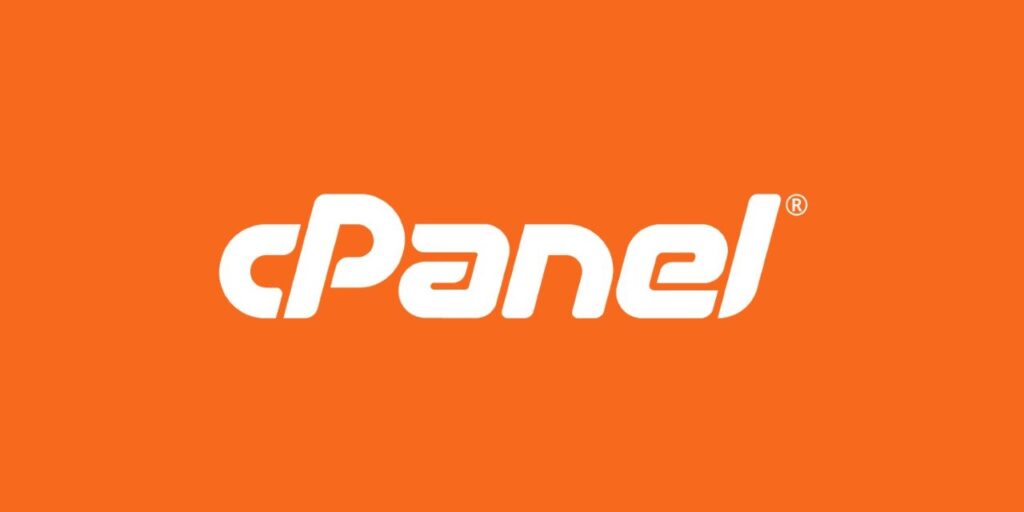
cPanel is arguably one of the most widely used hosting panels in the industry, known for its user-friendly interface and comprehensive feature set.
Key Features:
Some key features of cPanel include:
- Intuitive Interface: The interface of cPanel is intuitively crafted, prioritizing simplicity to facilitate users in effortlessly handling their websites and server configurations.
- One-Click Installations: With cPanel’s one-click installer, users can quickly deploy popular web applications such as WordPress, Joomla, and Drupal.
- Security Features: cPanel offers various security measures, including SSL certificate management, IP blocking, and password-protected directories.
- Scalability: cPanel is suitable for hosting providers of all sizes, with options for managing multiple domains and server resources.
Pricing:
cPanel typically comes with a licensing fee for hosting providers, which is often passed on to end-users. The cost varies depending on factors such as the number of accounts and additional features required. Hosting providers may offer cPanel as part of their hosting plans, with pricing ranging from $10 to $20 per month for shared hosting accounts.
3. Plesk:
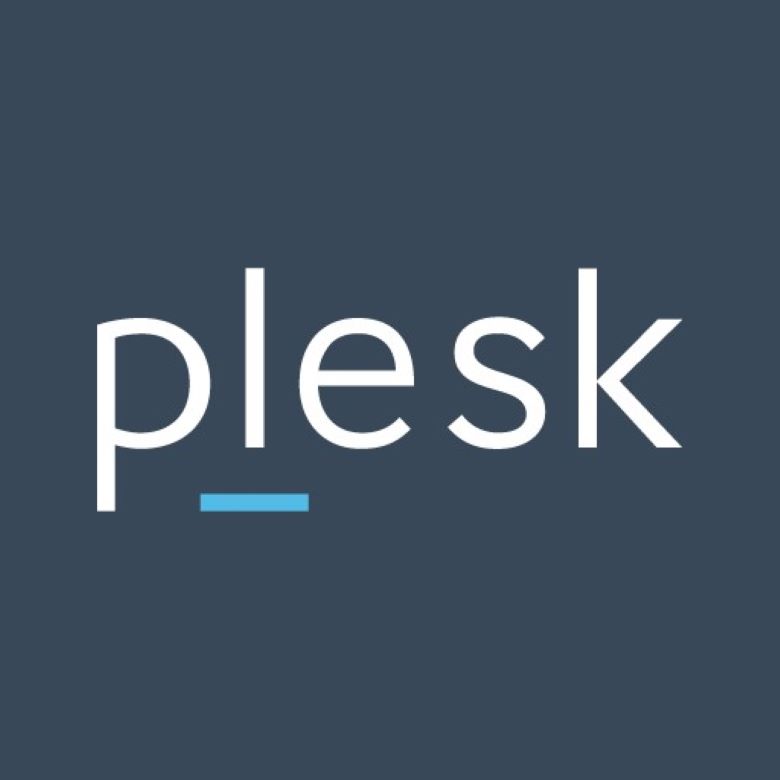
Plesk is another popular hosting panel known for its versatility and scalability. Developed by Plesk Inc., this panel caters to both individual website owners and hosting providers.
Key Features:
Key features of Plesk include:
- Multi-Server Management: Plesk allows users to manage multiple servers from a single interface, streamlining administration tasks and reducing complexity.
- WordPress Toolkit: Plesk’s WordPress Toolkit simplifies the management of WordPress websites, offering features such as automated updates, security scanning, and staging environments.
- Docker Support: Plesk integrates with Docker, enabling users to deploy and manage Docker containers directly from the Plesk interface.
- Developer-Friendly Tools: Plesk provides support for multiple programming languages and development frameworks, making it suitable for developers seeking customization options.
Pricing:
Plesk offers several licensing options, including a Web Admin Edition for small businesses and a Web Pro Edition for web professionals. Pricing for Plesk licenses starts at around $10 per month for the Web Admin Edition and $15 per month for the Web Pro Edition. Additional features and support options may incur extra costs.
4. DirectAdmin:
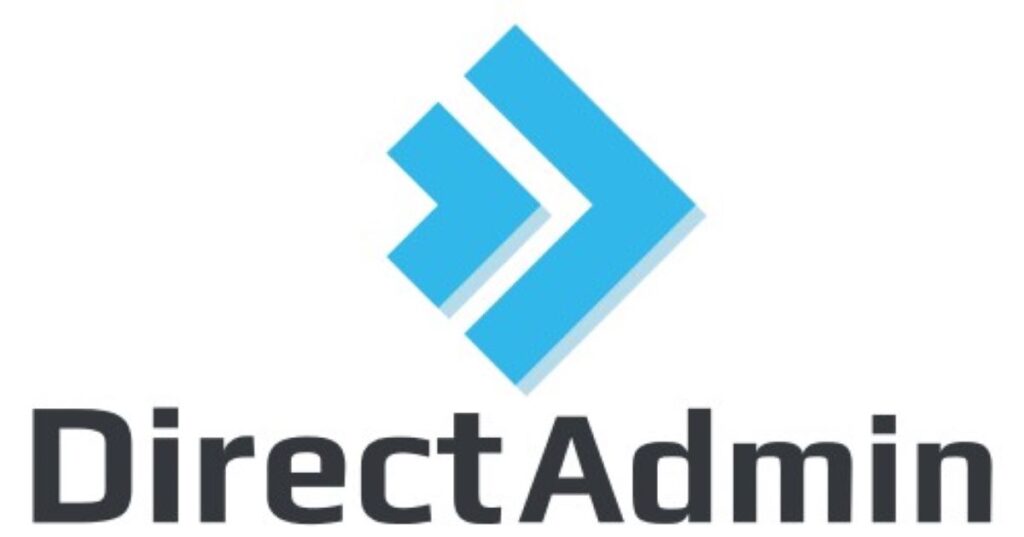
DirectAdmin is a lightweight yet powerful hosting panel designed for simplicity and efficiency. With a focus on performance and ease of use, DirectAdmin appeals to users who prefer a streamlined interface.
Key Features:
Key features of DirectAdmin include:
- Low Resource Usage: DirectAdmin is known for its minimal resource footprint, making it suitable for resource-constrained environments or servers with limited resources.
- Customization Options: While DirectAdmin may have fewer features compared to other panels, it offers customization options for advanced users who prefer a tailored hosting environment.
- Security Enhancements: DirectAdmin includes security features such as IP blocking, SSL certificate management, and firewall configuration to protect websites from cyber threats.
- Affordability: DirectAdmin typically offers competitive pricing options, making it an attractive choice for budget-conscious users or small businesses.
Pricing:
DirectAdmin typically offers a straightforward pricing model based on server licenses. Pricing starts at around $2 per month for a single server license, with volume discounts available for hosting providers managing multiple servers. DirectAdmin also offers lifetime licenses for a one-time fee, starting at around $299 for a single server license.
5. ISPConfig:
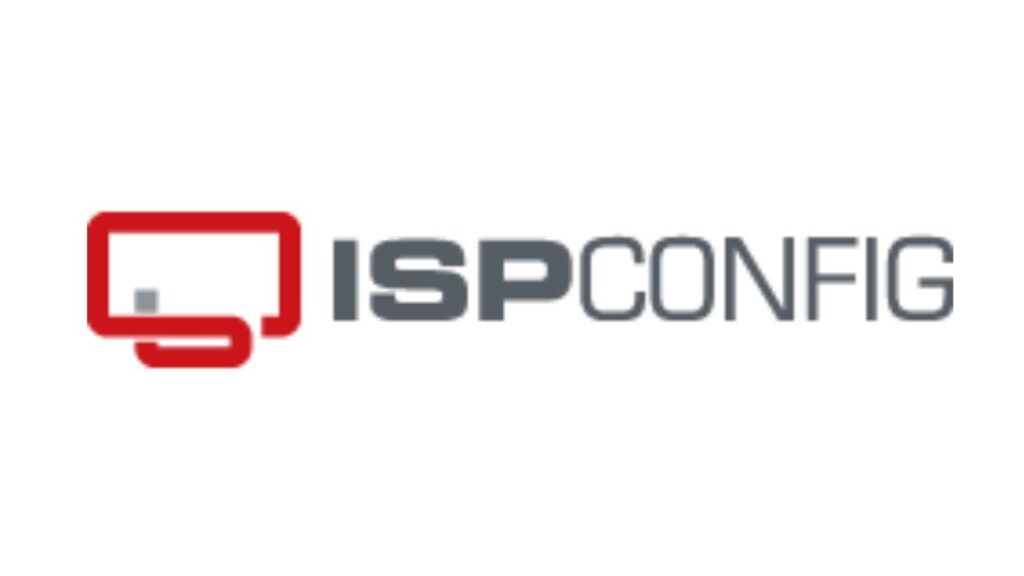
ISPConfig stands out as a well-regarded open-source hosting control panel, renowned for its extensive array of features tailored for efficiently managing web servers, websites, email accounts, and beyond. Developed by the ISPConfig project team, this panel is known for its stability, security, and flexibility.
Key Features:
Here are some key features of ISPConfig:
- Multi-Server Management: ISPConfig allows administrators to manage multiple servers from a single control panel, making it suitable for hosting providers and large-scale deployments.
- Website Management: With ISPConfig, users can easily create and manage websites, including domain configuration, file management, and database administration.
- Email Management: ISPConfig provides comprehensive email management features, including support for multiple email domains, user accounts, mailing lists, and spam filtering.
- DNS and FTP Configuration: ISPConfig offers tools for configuring DNS settings and managing FTP accounts, enabling users to control various aspects of their hosting environment.
- Security and Monitoring: ISPConfig includes security features such as firewall configuration, intrusion detection, and SSL certificate management to enhance the security of hosted websites.
- Customization and Extensibility: ISPConfig is highly customizable, with support for custom templates, plugins, and extensions, allowing users to tailor the control panel to their specific requirements.
Pricing:
ISPConfig operates as an open-source control panel, distributed under the GNU General Public License (GPL), reflecting its commitment to transparency and community-driven development. As such, it is available free of charge for both personal and commercial use. However, users may incur costs for server infrastructure and support services, such as server hosting and maintenance.
Conclusion:
In conclusion, when choosing a hosting panel, factors such as performance, ease of use, security, and budget play crucial roles. CyberPanel offers robust performance and security features with a user-friendly interface. cPanel and Plesk are popular choices known for their comprehensive features but come with licensing fees. DirectAdmin provides simplicity and affordability, while ISPConfig offers flexibility as an open-source solution. Ultimately, each panel caters to different needs, ensuring there’s an option available for every user, whether they prioritize performance, affordability, or customization.
